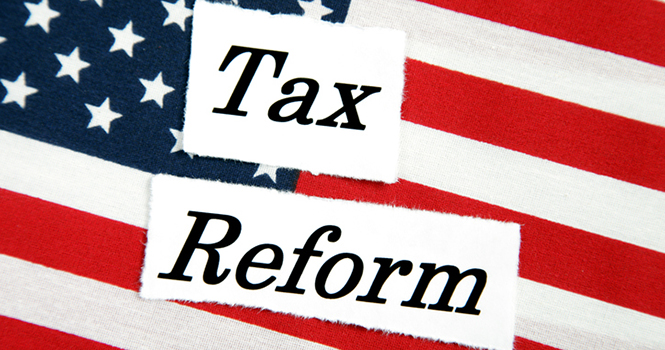House Republicans have speedily moved through the bill approval process in hopes to deliver a tax overhaul plan to President Donald Trump by end of year. And the Senate version is set to be voted on right after Thanksgiving. But while the bills have been put on a fast track to approval, a final, converged House and Senate draft will still need to be decided on before making it to the President’s desk.
Herein lies the issue. While real estate associations such as the National Association of REALTORS®, the California Association of REALTORS® and the National Association of Home Builders are adamantly against the proposed tax bills because of how they will impact homeownership, House and Senate Republicans hold the key to the future of tax policy. Both parties will have to decide on which policies work together in order to pass legislation before Christmas. But first, the Senate has to win votes from those Senate Republicans that are currently on the fence or opposed to the proposed bill.
The success of the Senate tax bill will come down to just a handful of members, and it will still narrowly pass if two individuals are lost on the vote. Republican Sen. Ron Johnson has already publicly announced his opposition of the bill on CNN’s “New Day” segment, while Sen. Jeff Flake is still undecided, and a couple of members—Sen. Bob Corker and Sen. Rand Paul—are considered wildcards as they have not yet officially stated their position.
One of the pending issues in regard to converging the bills is health care. The White House may be willing to accept a provision from Senate legislation, removing the requirement that every U.S. resident has health insurance or must pay a fine—a key component of President Barack Obama’s Affordable Care Act. But this can result in opposition from Senators—such as Sen. Susan Collins, Sen. Lisa Murkowski and Sen. John McCain—whose votes are needed to pass tax legislation.
Data on the repercussions of these bills continues to emerge in hopes of swaying those who are not yet convinced that either bill benefits the majority of the U.S. population. The Tax Policy Center (TPC) is just one of many sources to release data regarding the implications of the House tax reform bill, citing that the economic benefits driven by the proposed changes will be mostly offset by the negative impact of adding over $1.5 trillion to the national debt. And when it comes to saving and investing—two of the most important factors that impact the real estate community—the TPC says the House bill would initially increase investment rates before hiking up interest rates, negating the incentives of lower tax rates on capital income and eventually decreasing investment levels.
Zillow’s research division has released data relating to the impact of tax policy on homeownership, stating that the proposed changes from both the Senate and House bills to the exclusion of home sales from capital gains taxes will affect short-term homeowners considering selling, as well as market inventory.
“If eligibility rules for excluding the sale of a home from capital gains taxes are changed from requiring living in your home for two of the past five years, to five of the past eight, selling the median U.S. home after four years of ownership would mean $2,363 in taxes, from $0 currently,” says Zillow Senior Economist, Skylar Olsen.
Following recess for the Thanksgiving holiday, Senators will immediately vote on the Senate bill. If approved, President Trump is optimistic that the Senate and House will be able to strike a deal that merges the two sets of proposed changes to tax policy.
“We’re going to give the American people a huge tax cut for Christmas,” said Trump in his remarks before the Cabinet meeting on Nov. 20. “Hopefully that will be a great, big, beautiful Christmas present.”
Stay tuned to RISMedia for more developments.
Liz Dominguez is RISMedia’s associate content editor. Email her your real estate news ideas at ldominguez@rismedia.com.
For the latest real estate news and trends, bookmark RISMedia.com.











